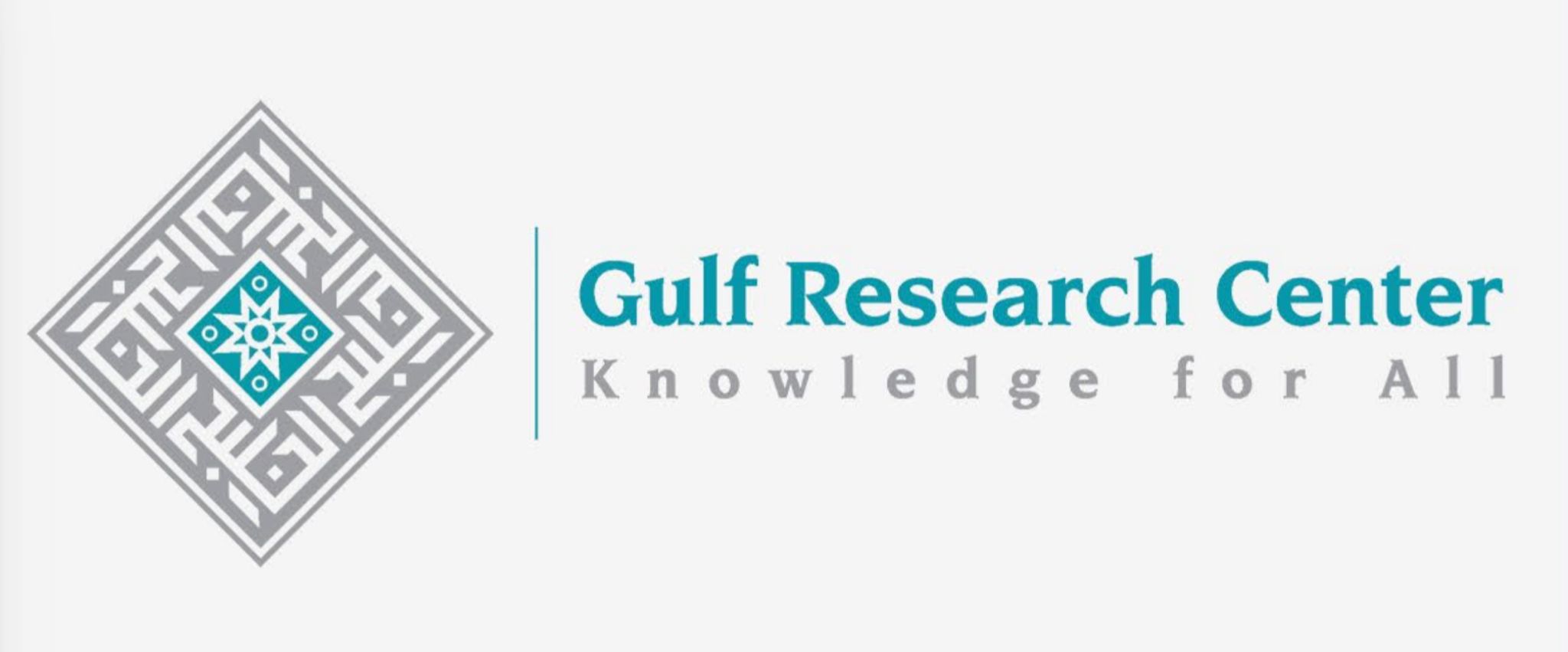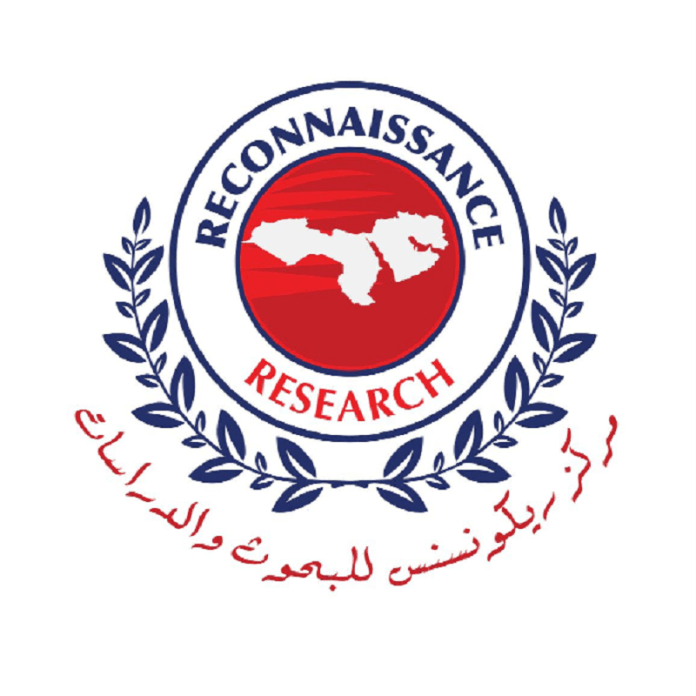Reconnaissance Research interview
As the Gulf countries stand prepared to deal With the potential for Iran to become a nuclear country within a few years’ time, Gulf countries are understandably worried, and the issue has become a major topic of discussion among researchers, analysts and political experts.
In light of the growing disagreements between Iran and the Gulf Cooperation Council (GCC) states on several regional issues, Reconnaissance Research recently had a frank and bold virtual interview with Saudi expert Dr. Abdulaziz Sager, the founder and chairman of the Gulf Research Center, from his office in Geneva. Below are excerpts from that interview:

Q: The Gulf countries are currently watching Iranian nuclear deal negotiations… Do you think that the Gulf countries could become more engaged to influence these negotiations in a way that serves their own interests?
A: The GCC countries were not part of the negotiation process that culminated in the 2015 nuclear agreement, known as the Joint Comprehensive Plan of Action (JCPOA), nor were they consulted or even informed about the developments of the negotiation process or its content. Generally, the GCC countries were shocked by the agreement that was announced in June 2015, and even by its content. The signatories of the Iranian nuclear deal (P5+1) are exclusively responsible for hammering out this deal. The subsequent developments showed that this deal was so fragile that it failed to fulfill the main goal of preventing Iran from developing military nuclear capabilities. Therefore, the US pulled out of the agreement during the tenure of former President Donald Trump.
In fact, I see no excuses for GCC involvement in the renegotiations for a couple of reasons. First; this agreement is so fragile that it cannot serve the security requirements of the GCC countries. Second; even if they join it, they cannot influence the progress of these talks, which absolutely falls within the purview of major countries. They will give a deaf ear to any objections or demands from the GCC countries, which will be just spectators, albeit instruments. Regardless of the promises given to the GCC member states, there will be no effective participation in or influence on decision-making regarding the international negotiation process, in which major countries have intertwined and complicated interests. Therefore, I do believe that the GCC countries should not join the process unless they can truly have much influence.
Q: Should negotiations fail, just as expected by many observers, how can the GCC countries deal with a nuclear neighbor in light of Tehran’s aggressive intentions regarding many issues?
A: Nuclear proliferation is not only a regional problem, but it is basically an international one that is related to curbing nuclear armament and putting the 1968 Nuclear Non-Proliferation Treaty (NPT) in place. In fact, it is one of the tasks of the international community and its international organizations, and it falls within the purview of major countries that hold enough power and capabilities to oblige NPT-breaking countries to comply with international treaties. We, in the GCC countries, cannot prevent Iran from developing and procuring nuclear weapons, nor can we force it to give up its nuclear program, given that Tehran is pursuing its secret efforts to develop nuclear weapons. Irrespective of Iran’s denial or false promises and reassurances by Iranian leaders, unless effective and binding measures are taken to stop Iran’s nuclear program, the GCC countries and the international community will wake up, one day, to a nuclear Iran. As Gulf countries, we refuse to deal with a nuclear Iran and we focus on necessarily preventing it from procuring nuclear weapons. We still have time to bar Iran from having nuclear weapons by resolutely rejecting a nuclear Iran. Western countries prefer to talk about next moves just to make us accept their failure to stop Iran’s nuclear ambitions. But, we, in fact, are racing against time to oblige Iran to give up its secret nuclear plans. The problem is that the entire international community seems to be serious and decisive on handling this issue, but, unfortunately, there is serious Russian-Chinese leniency therein.

Q: How can the GCC countries, led by Saudi Arabia, develop a successful policy to address the Iranian challenge apart from any alliance with Israel, which itself poses another nuclear challenge to the Gulf countries?
A: As Gulf and Arab countries, we do not have any peaceful civilian nuclear program, while other surrounding countries have begun to have everything, whether a peaceful civilian nuclear program or a military nuclear one, be it overt or covert. Accordingly, we need to take the legitimate step of establishing a peaceful nuclear program in order to boost our knowledge of nuclear science and technology. Reliance on any external party to protect us would be so humiliating, so we should build and invest in our countries, economies, welfare and prosperity. We should not ignore our main life issue of securing existence, nor should we count on any external party to secure our existence or to protect us from the Iranian nuclear threat.
Q: What are the main threats and challenges, triggered by Iran’s expansion across the region, to the Gulf countries in the near future?
A: Iran’s strategy is based on the imperial mindset. If we look at Iran’s map of geographical expansion across the Arab world, we will find that there is a philosophy for this expansion, based on establishing influence from the Mediterranean Sea to the Arabian Gulf, attempting to siege the Gulf countries from northern and southern Arabian Peninsula (Yemen and Iraq), and controlling regional straits (Hormuz and Bab-el-Mandeb straits). However, to my surprise, some countries are not well aware of these facts pertinent to Iran’s expansionist political risks, or they are trying to turn a deaf ear to them for nothing but narrow self-interests.
Q: As there is no political or diplomatic solution to the Yemen war, who is to blame for this protracted war? And how can we put an end to it?
A: The Yemen war is an Iranian war on the Arabian Peninsula on the Yemeni soil and the prolongation of this war is part of an Iranian strategy to exhaust the Gulf countries via Yemen. Iran cares about neither the future of Yemen nor the situation of the Yemeni people, since Yemen and the Houthi group are just an instrument for attaining Iran’s strategic goal, so a political settlement to the Yemen conflict would not serve Iran’s interests. Hence, the hope of reaching a fair political solution that can ensure Yemen’s stability is contingent upon the neutralization of the Iranian role in the Yemen conflict.
Q: As for Yemen and Syria, the Gulf countries appear to have failed to attain their goals in Yemen and Syria, and what has really added fuel to the fire is Iran’s growing influence there. So, who is to blame for this failure? And how can we fend off similar scenarios in future crises?
A: Both Syrian and Yemeni issues have seen major complications and regional and international parties have thrown much weight behind the conflict only to serve their own interests. Iran has heavily engaged itself in both Syrian and Yemeni crises, while Russia, Turkey and Israel have emerged as key players in Syria. Generally, the international community is mainly to blame for the growing influence of external parties in both conflicts. The UN Security Council has adopted strict resolutions against interference in Yemen and Syria, but, unfortunately, these resolutions have not been put in place and, in fact, there was no real will to implement them.
Q: How can the Gulf countries have minimum coordination on unified response to the Iranian challenge? And how can Saudi Arabia give advice to its neighbors?
A: It is taken for granted that the threat always unifies divided parties so Iran’s political risks and threats should unify all Gulf parties even though they are not basically divided. Still, no party can be exempted from Iran’s current expansionist policy and hegemony. Accordingly, I believe that the GCC countries realize that Iran’s policy of expansion and interference, unless stopped, would be detrimental to all countries in the region. We estimate that reluctance would undermine Gulf solidarity and unity against these ambitions, and would even send a wrong message to Iran that the Gulf countries are locked in splits and divisions.
Q: If Arabs keep pressing for more bias towards their camp in the Ukraine war, how could the Gulf countries maintain their military, civilian and political coalitions with Washington as well as their economic and oil coalitions with Moscow?
A: The Ukraine war is a conflict between two traditional camps; the West and Russians. In fact, the Gulf counties have nothing to do whatsoever with the ongoing conflict so there is a margin for adopting a fair and balanced attitude towards both conflicting parties. A statement issued following a recent GCC ministerial meeting condemned the Russian action but there was no mention of Russia itself. Still, it underlined the necessity of respecting international law and countries’ sovereignty and independence as well as non-interference in their internal affairs, which tacitly meant denouncing the Russian invasion of Ukraine and supporting international law and UN principles. At the same time, it is not in the interest of the GCC countries to bias against Russia by joining Western sanctions and boycotts. They should adopt a balanced stance instead, even though this would undoubtedly upset the US and its Western allies. They should stick to this position as much as they can, but should avert a looming confrontation with the West.
Q: As Saudi Arabia is opening up to the world in pursuit of development and advancement, is the kingdom willing to allow young people to join politics and grant them more political freedoms? Is the Kuwaiti experiment inspiring or disappointing in this regard?
A: Kuwait’s democratic experiment was created by its unique historical circumstances and each Gulf country has its own conditions and historical evolution. The kingdom is doing well for broadening the scope of popular participation in decision-making, including the unequivocal and prompt empowerment of women and youth in various public and private work sectors as well as in the Shura Council’s structure and leading posts, in a way that matches the nature and history of the Saudi society and its current youth structure. In addition, the kingdom has greatly moved to broaden the scope of young people’s role in running state affairs since it launched its 2030 development vision, which would certainly have positive effects on the kingdom’s decision-making.

















